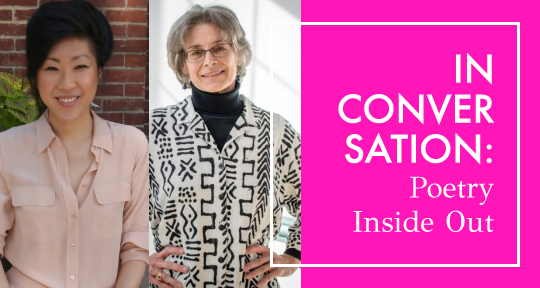Earlier this month, thousands of demonstrators flocked to Bangkok’s iconic Ratchaprasong intersection to demand dictator Prayut Chanocha’s resignation. Thailand is no stranger to such uprisings, but this one’s a little different: it is part of a recent movement led almost exclusively by the young. In this brief but deliciously meaty essay, translator Noh Anothai draws thoughtful parallels between the current political scene and Lake of Tears, Thai powerhouse Veeraporn Nitiprabha’s first YA novel. Set in a dystopian city with near-blind, oblivious adults, it stars two courageous children who set out to face the past—which is, of course, the only way to change the future.
Whenever Yiwa watched the news on TV, murderers who harmed even small children, terrorists, and generals who slew people by the droves—none of these looked different from other people in their savagery. But if there was one thing that set them apart from everyone else—it was their indifference, their cool disinterest in the face of either good or evil . . .
The publication of Lake of Tears (ทะเลสาบน้ำตา), Thai author Veeraporn Nitiprabha’s third novel (and the first intended for a YA audience), comes at a strangely apt moment in Thai history. For at least the past year, a new political movement has been fomenting against the current junta led by Prayudh Chanocha, who seized power in a 2014 coup. What sets this movement apart, in a country that is no stranger to mass civilian uprisings, is age: it has been largely portrayed as a youth, or even a children’s, movement. While the pro-democracy demonstrations of the 1960s were embodied in the figure of the university student (“naive in spotless white school uniform,” to quote a poem from the time), and those of the early 2000s conjure up competing stages in yellow and red, today’s movement is characterized by millennials and Generation Zers coming of age in a political climate they deem no longer tenable to democratic ideas and freedom of expression. There have even been discussions within primary schools regarding what—if anything—should be done about children refusing to honor the national anthem, showing instead the three-fingered salute that has become today’s call to action. Indeed, one popular meme shows a secondary school student, his face blurred out, studying a geometry worksheet laid out on the asphalt at one of the many outdoor sit-ins taking place around Bangkok. The caption reads: “When you have homework but still gotta drive out the dictator.” READ MORE…



